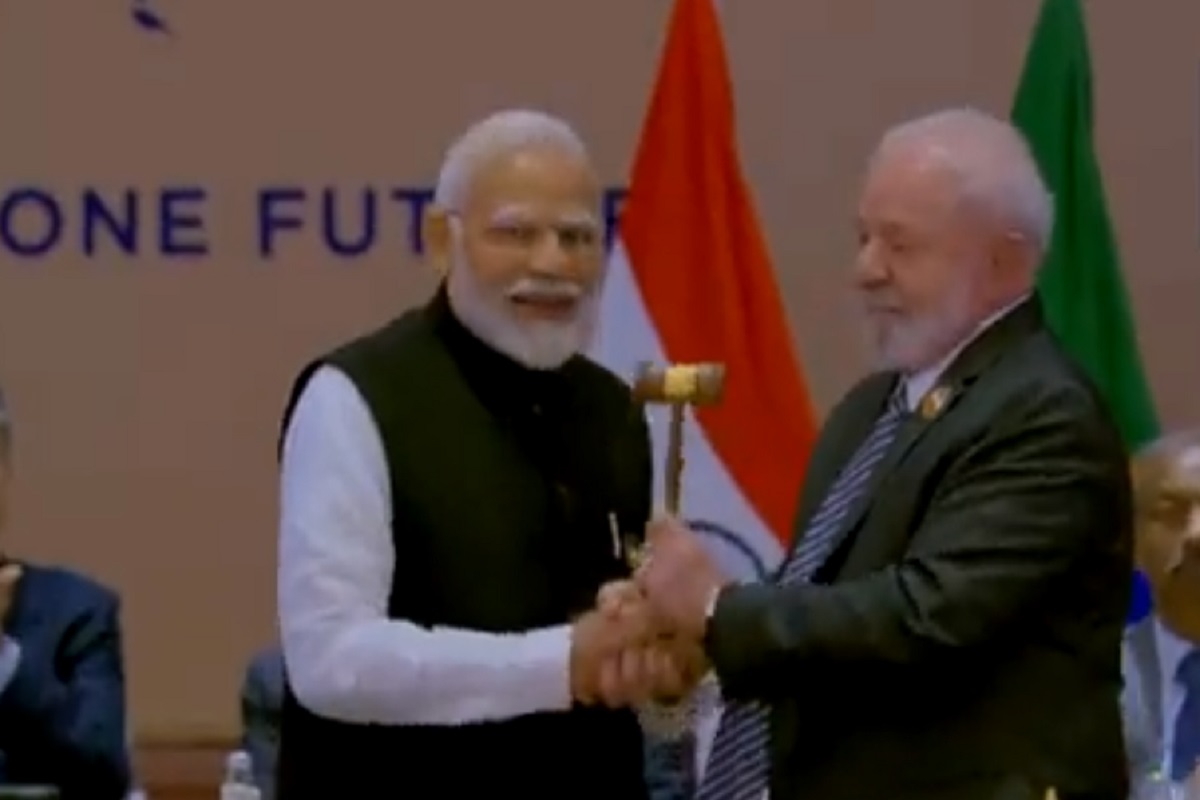PM lauds sanitation workers and police for efforts to keep Mahakumbh clean
He highlighted its grandeur, divinity, Sanatan heritage, cleanliness, and seamless public management, earning national and global praise.
India succeeded in finding a middle path and brought out a unanimous declaration which had several paragraphs on the war in Ukraine though there was no direct condemnation of Russia.

The two-day G20 Summit concluded in New Delhi this afternoon with Prime Minister Narendra Modi proposing a virtual G20 session in November to review the suggestions and proposals for cooperation among the top global economies.
“As you all know India has the responsibility of G20 presidency till November 2023. There are still two and a half months left. In these two days, all of you have given a lot of suggestions and placed proposals. It is our duty to see how faster progress can be achieved on these,” the Indian leader said.
Advertisement
“I propose that at the end of November, we hold a virtual session of G20. We can review the topics decided in this Summit, in that virtual session. I hope you all will connect in the virtual session. With this, I declare the conclusion of the G20 Summit,” he added.
Advertisement
Before declaring the summit closed, Mr Modi handed over the gavel to Brazilian President Luiz Inácio Lula da Silva, whose country will hold the next summit.
The Indian leader offered best wishes to Brazil for the presidency. Brazil officially will take over the mantle of the presidency of the grouping on 1 December. Mr Modi assured the Brazilian president that the G20 nations would provide their full support to his country and were confident that under Brazil’s leadership, the G-20 would further the shared goals of the member nations.
Speaking on the occasion, the Brazilian leader congratulated Mr Modi and thanked India for its efforts to give voice to the topics of interest to emerging economies.
Mr Modi ended his brief speech with a Sanskrit phrase—Swasti Astu Vishwasya! (There should be hope and peace in the entire world).
Usually the summit declaration is adopted on the concluding day. But in New Delhi, India was able to achieve a consensus on the declaration on the first day itself despite sharp differences between Western countries on the one side and Russia and China on the other over the language to be used in the context of the Russia-Ukraine conflict.
India succeeded in finding a middle path and brought out a unanimous declaration which had several paragraphs on the war in Ukraine though there was no direct condemnation of Russia
Advertisement